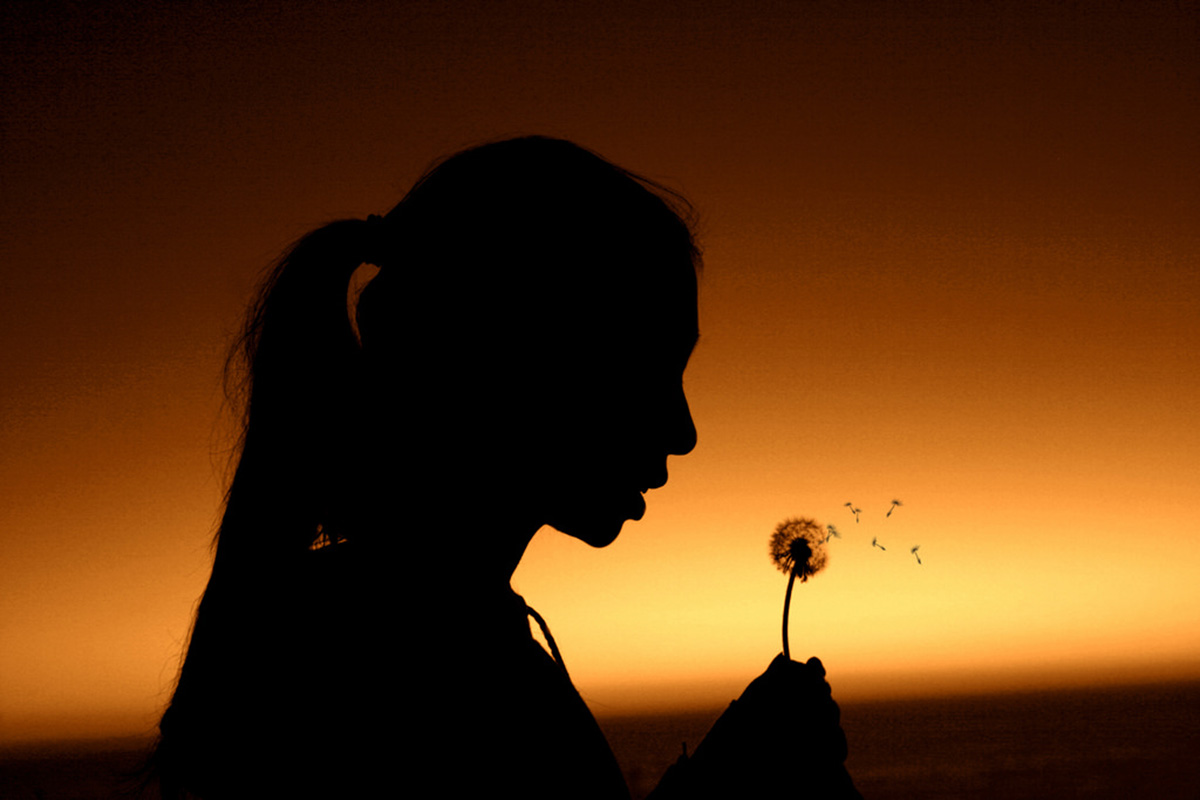Table of Contents
When Your Child's Wishes Aren't Convenient
When we respect our child's "stop" while we're rough-housing, we teach them that their words matter to us while also leading by example in terms of how to treat other people. We're showing our kids that with the exception of safety situations, we're not going to do things to their bodies that they don't want, nor make them do things with their bodies that they don't want to do.
What about them wanting to actively do things with their bodies, though?

A friend of mine recently told me that her sweet little toddler sometimes felt like hugging random strangers. In this case, what they want to do with their bodies also involves another person's body — and that person and their wishes are just as important as the child's.
My 10 year-old daughter has recently developed a love of pink hair and wants to dye it that color (something I let her do twice, with a temporary color that has since washed out), while also declaring half of her pre-existing wardrobe "yuck" and refusing to wear those clothes. In this case, letting her "do what she wants with her body" incurs cost, and thus involves not just her, but also me, since she's obviously not making her own living yet.
Bodily autonomy is, thus, more complex than it may seem at first sight — often involving not just the wishes of an individual child but also others around them. A balance must inevitably be found between a kid's desires to express themselves and the needs of the rest of us.
Bodily Autonomy Vs Safety
The "Crazy Russian Hacker", on his YouTube science experiments channel, always cheerfully announces in (intentionally?) broken English that "safety is number one priority". With my kids being a fan of the channel, that statement became somewhat of a running joke in our family. It also perfectly sums up why I firmly believe that some "gentle parents", in discussing their views on child bodily autonomy, go a step too far: I've certainly read parents argue that if a kid doesn't want to brush their long hair, that wish should be respected.
It might seem obvious that "safety is number one priority" means that we're not going to let our two year-old toddlers choose to not hold our hands on the street when we're not all that sure that they're not going to run in front of a car.
READ How And Why To Eliminate Yelling From Your Repertoire Of Parenting Tricks
Safety covers more than the kind of situation that could be lethal or cause serious injury, though. Perhaps my seven year-old doesn't quite realize it, but if I let him choose to wear the same dirty outfit for weeks, not take baths, and let his hair knot up something wicked, chances are that someone will call social services on us sooner or later, or at the very least render me a bad parent. Not so safe either, that, is it?
We don't raise children in a vacuum, but in a society with already established norms.
So while I'm willing to deviate from some of the already-established norms by making it clear that my kids have the right to say no to physical contact with people, I have never been willing to completely refrain from telling my kids what to do with their bodies, and suspect you're not, either. I strongly assume that, rather than messing them up for life, this gives kids a healthy respect for their own bodies: We believe those bodies are important, and they'll follow.
- Photo courtesy of thebriscoes: www.flickr.com/photos/thebriscoes/23347900554/
- Photo courtesy of jessicatam: www.flickr.com/photos/jessicatam/4177468736/
- Photo courtesy of thebriscoes: www.flickr.com/photos/thebriscoes/23347900554/


Your thoughts on this